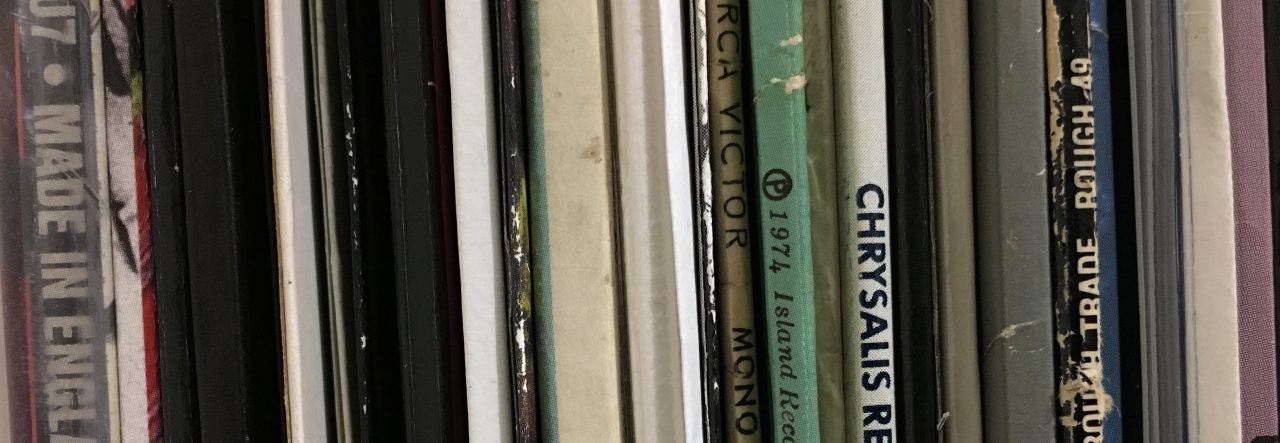
At the end of her performance in a small room near the roof of the Royal Albert Hall, Vanessa Wagner leaned back, shook her hands vigorously, and issued a smile and a sigh of relief.
What came before was nothing short of mesmerising. As Wagner tackled complex, undulating, restless pieces by Philip Glass and Harold Budd, her fingers appeared to dance on the keys, sometimes lightly, often with resolute firmness. Between pieces her hands would float gently above the keys, as if contemplating what should come next. They would then fall lightly to the keys and begin their signature dance once more.
It is easy to regard minimalism – the genre of classical music into which Wagner has been perhaps inconveniently placed – as sparse and empty, of the spaces between notes as much as the notes themselves. Watching Wagner play literally thousands and thousands of notes challenges this. There are spaces. There is sparseness. But there is also density and intensity here, vital, energetic passages which are dizzying to watch. Her fingers move as if possessed, delivering lightning fast arpeggios and improbable clusters of notes.
Wagner’s most recent album, Study Of The Invisible, from which tonight’s pieces were taken, used electronic compositions as its starting point, out of which Wagner produced amazingly intricate piano versions. Watching her perform a piece like Suzanne Ciani’s ‘Rain’, wherein she seemed to turn her piano into a stream of liquid, coruscating notes and textures, will stay with this writer forever. A truly transcendent and vital musician, and a truly memorable concert.
Thanks to Dean.
Words: Mat Smith
(c) 2022 Further.
